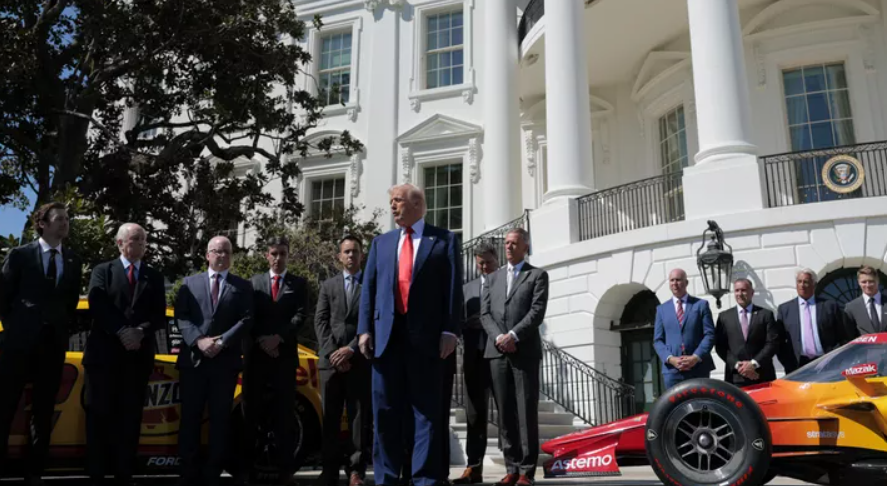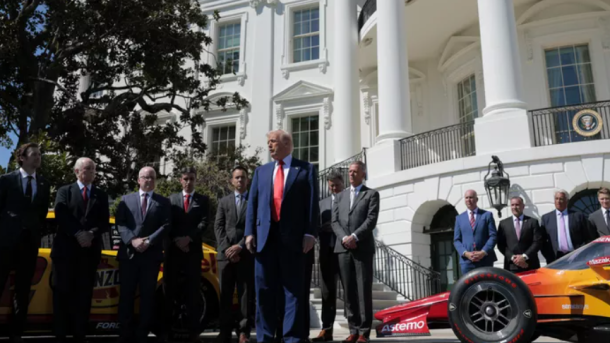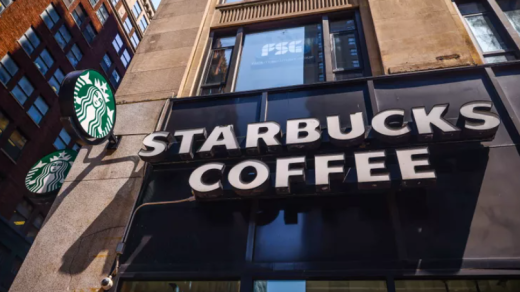Goldman Sachs revised its recession forecast after President Donald Trump announced a 90-day suspension of tariffs that had previously threatened to disrupt the economy. Initially, Goldman Sachs economists raised the chances of a recession to 65%. However, within an hour, they pulled back on that prediction, lowering the probability of a recession to 45%.
This change came after the announcement of Trump’s pause on tariffs that had been implemented just hours before. The quick reversal underscores the difficulty of predicting economic trends, especially when faced with frequent changes in trade policy. Economists have long warned that trade policy uncertainty could be a major risk to the economy, as businesses may delay investments and hiring decisions until clearer rules are established.

Goldman Sachs Recession Forecast: Uncertainty in Trade Policy
The shift in Goldman Sachs’ recession forecast highlights the delicate balance between trade policy and economic stability. During the early days of President Trump’s administration, Goldman Sachs predicted a mere 15% chance of a recession, as the U.S. economy seemed poised for a “soft landing” with a strong labor market and easing inflation. However, Trump’s protectionist policies, particularly the uncertainty around tariffs and trade deals, have added significant risks to the economic outlook.
As the possibility of inflation resurgence increases, along with slower economic growth, many businesses remain on edge. The continued unpredictability of trade policies, including tariff suspensions and reversals, is leaving many in the business community uncertain about the future.
Goldman Sachs Recession Forecast: Is Economic Growth at Risk?
Despite the lowered recession chances, Goldman Sachs’ 45% prediction remains elevated compared to earlier in the year. Economists are watching closely for any shifts in global trade dynamics that could further impact inflation and economic growth. With the market in flux, many experts are urging policymakers to carefully consider the long-term impacts of trade policy changes and their potential to slow down the recovery.
Source: www.investopedia.com



